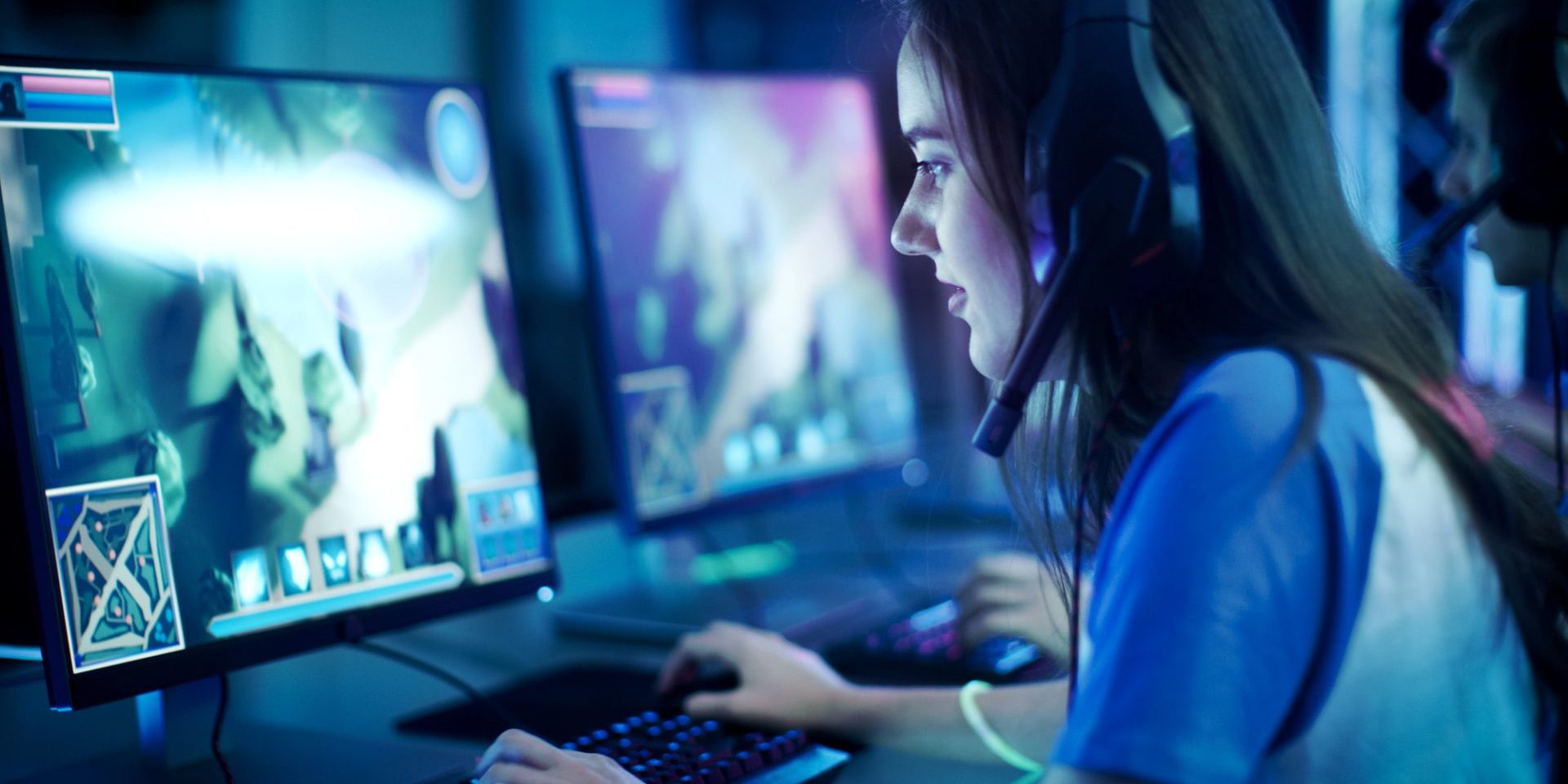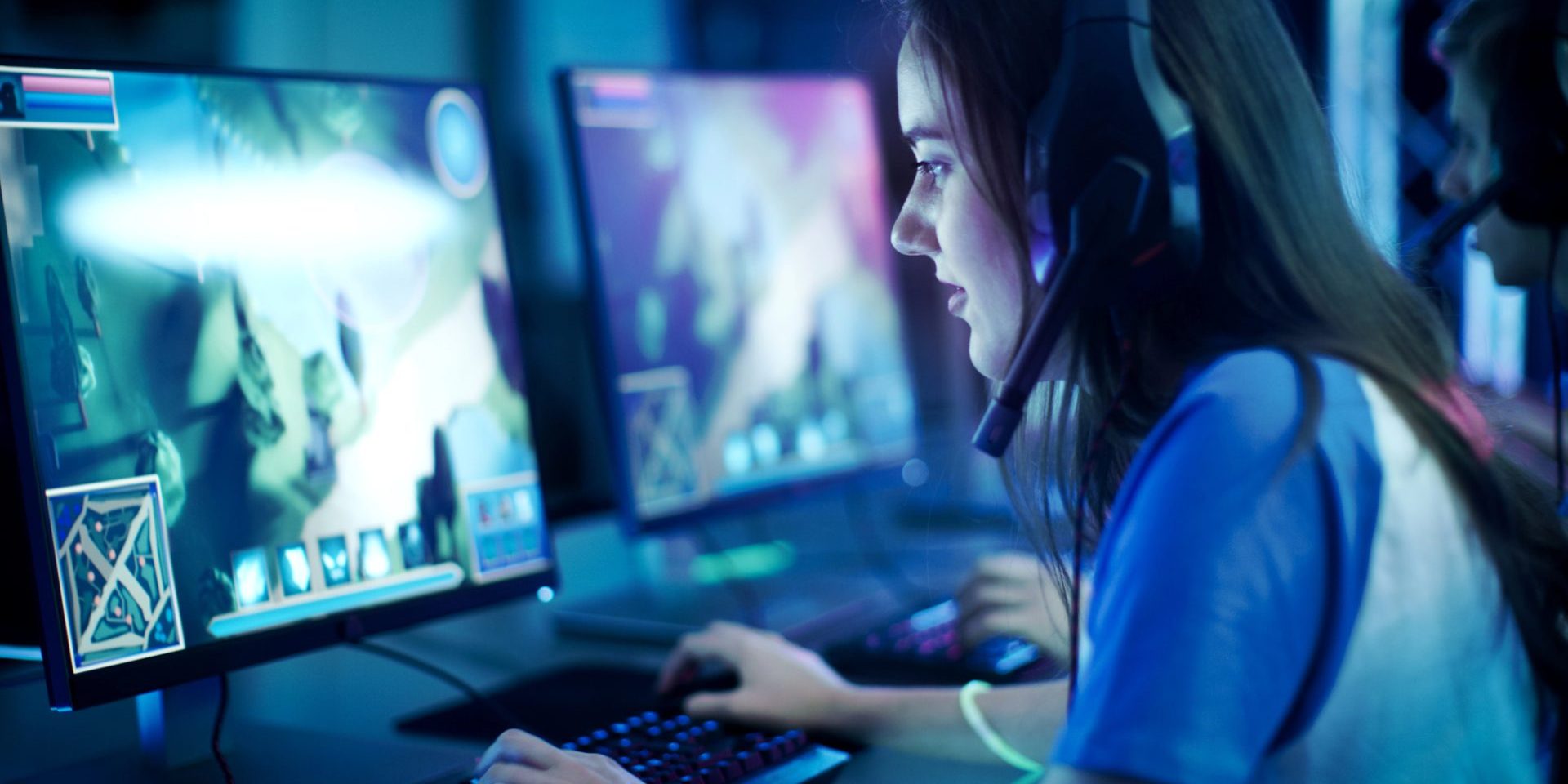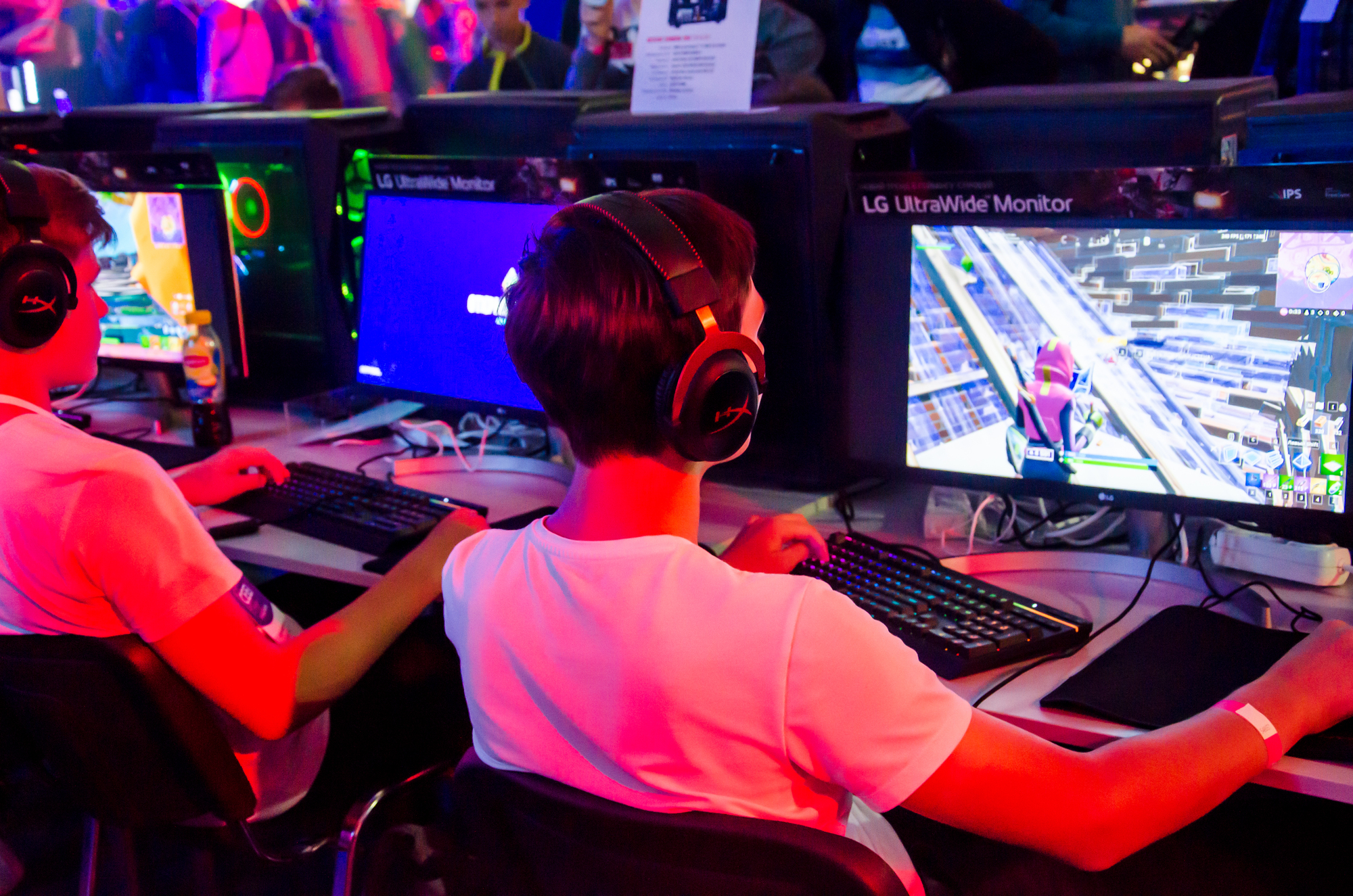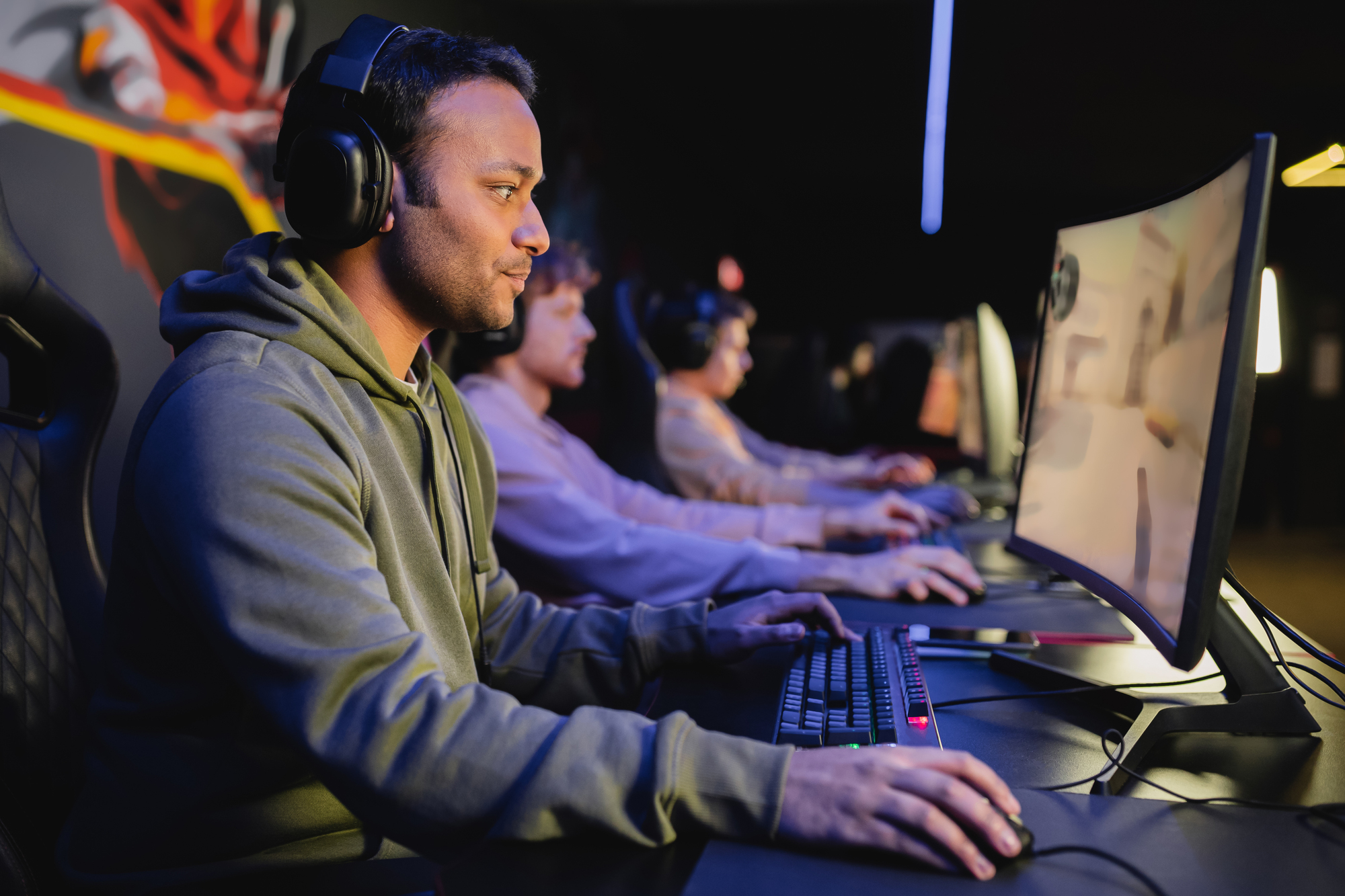Video games have emerged as powerful tools for interactive learning experiences. These digital platforms offer engaging ways to acquire knowledge and develop skills across various subjects. Research shows that well-designed educational games can enhance memory, improve concentration, and boost problem-solving abilities.
Game-based learning creates immersive environments where players actively participate in the learning process. Games like Minecraft allow students to explore virtual worlds while learning concepts in math, science, art, and programming. This hands-on approach helps reinforce key ideas and makes abstract topics more concrete and relatable.
Educational video games provide instant feedback and adaptive challenges, keeping learners motivated and engaged. They create safe spaces for experimentation and failure, encouraging students to take risks and learn from mistakes. As games continue to evolve, their potential to revolutionize education and training across different fields grows exponentially.
The Evolution of Video Games in Education
Video games have transformed from simple entertainment to powerful educational tools. Their integration into learning environments has expanded significantly over the past few decades.
From Simple Edutainment to Complex Learning Tools
Early educational video games focused on basic skills like math and spelling. These “edutainment” titles often lacked depth and engagement. As technology advanced, more sophisticated games emerged. Adventure games incorporated problem-solving and critical thinking. Sandbox games like Minecraft allowed students to explore, build, and collaborate.
Modern educational games address complex subjects and skills. They incorporate advanced graphics, storytelling, and game mechanics to create immersive learning experiences. Some titles teach coding, while others explore historical events or scientific concepts.
Understanding the Educational Impact of Gaming
Research has shown that well-designed educational games can boost learning outcomes. They increase student engagement and motivation. Games provide immediate feedback and allow for experimentation in safe environments.
Video games can develop important skills:
- Problem-solving
- Critical thinking
- Collaboration
- Creativity
Educators are integrating games into curricula to supplement traditional teaching methods. This approach combines the benefits of interactive technology with structured learning goals.
As games continue to evolve, ongoing studies aim to refine game design for maximum educational impact.
Mechanics of Interactive Learning
Video games employ specific mechanisms to create engaging learning experiences. These mechanics leverage player agency, challenges, and feedback to foster knowledge acquisition and skill development.
Incorporating Choices and Challenges in Game Design
Game designers integrate meaningful choices and challenges to promote active learning. Players face decision points that require critical thinking and problem-solving skills. These choices often have consequences, encouraging players to consider their actions carefully.
Challenges in games are calibrated to match player skill levels. This balance prevents excessive frustration while maintaining engagement. As players progress, challenges increase in complexity, pushing learners to expand their abilities.
Games use goals and achievements to motivate players. Short-term objectives provide a sense of progress, while long-term goals give direction to the overall experience. This structure helps maintain player interest and encourages perseverance.
Engagement Through Story and Characters
Narrative elements in educational games create context for learning. Stories provide meaning to game tasks, helping players connect abstract concepts to concrete situations. This context enhances information retention and application.
Characters in games serve as guides or role models. Players often form emotional connections with these virtual personas, increasing their investment in the game world. This attachment can boost motivation to overcome challenges and progress through the learning material.
Interactive storytelling allows players to shape the narrative through their choices. This agency creates a personalized experience, making the learning journey more relevant and memorable for each individual.
Feedback Systems and Learning Outcomes
Games provide immediate feedback on player actions. This rapid response allows learners to quickly understand the results of their decisions and adjust their strategies accordingly. Visual and audio cues often reinforce this feedback, enhancing its impact.
Progress tracking systems in games help players visualize their learning journey. Skill trees, experience points, and level-up mechanics quantify advancement, giving learners a clear sense of their growth over time.
Adaptive difficulty systems adjust game challenges based on player performance. This feature maintains an optimal level of difficulty, keeping learners in a state of flow where they are consistently challenged without becoming overwhelmed.
Role of Technology in Facilitating Interactive Experiences
Technology plays a crucial role in creating immersive and engaging interactive learning experiences through video games. It enables the development of sophisticated educational tools that combine entertainment with educational content.
Advancements in AI and VR for Educational Games
Artificial intelligence enhances educational games by adapting to individual learners’ needs. AI algorithms analyze player performance and adjust difficulty levels in real-time. This personalization keeps students challenged without overwhelming them.
Virtual reality transforms abstract concepts into tangible experiences. VR headsets transport learners to historical events or scientific phenomena. Students can explore ancient civilizations or conduct virtual lab experiments safely.
Mobile devices expand access to educational games. iOS and Android platforms offer a wide range of learning apps. These mobile games allow students to learn anytime, anywhere, making education more flexible and accessible.
The Importance of Design Principles in Interactive Storytelling
Effective design principles are essential for creating compelling narrative experiences in educational games. Strong character development helps students connect emotionally with the game’s content. Well-crafted characters can serve as guides or role models throughout the learning journey.
Interactive drama techniques increase student engagement. Branching storylines allow learners to make choices that affect the outcome. This approach promotes critical thinking and decision-making skills.
Social interaction features foster collaborative learning. Multiplayer modes enable students to work together on problems. Virtual environments can simulate real-world scenarios, preparing learners for future challenges.
Human-computer interaction research informs game design. User-friendly interfaces and intuitive controls enhance the learning experience. Clear feedback mechanisms help students track their progress and identify areas for improvement.
Evaluating the Impact of Interactive Learning Games
Interactive learning games offer powerful tools for education. Research shows these games can enhance cognitive skills, emotional development, social abilities, and personalized learning experiences.
Measuring Cognitive and Emotional Development
Studies indicate that well-designed educational games can boost memory, problem-solving, and critical thinking skills. Games often present challenges that require players to analyze situations, make decisions, and apply logic to progress. This active engagement can lead to improved retention of academic concepts.
Emotionally, games can increase student motivation and reduce anxiety about learning difficult subjects. The interactive nature of games allows for immediate feedback, helping students build confidence as they master new skills. Some games also incorporate elements that teach emotional regulation and empathy.
Building Social Skills and Fostering Collaboration
Multiplayer educational games provide opportunities for students to develop social competencies. These games often require teamwork, communication, and negotiation to achieve shared goals.
Students learn to cooperate, resolve conflicts, and appreciate diverse perspectives through gameplay. Some games simulate real-world scenarios, allowing players to practice social interactions in a safe environment.
Teachers can use these games to facilitate discussions about teamwork and interpersonal dynamics, reinforcing social learning beyond the game itself.
Long-Term Benefits and Personalized Education
The impact of interactive learning games extends beyond immediate academic performance. Long-term studies suggest that game-based learning can improve student engagement with education and foster a lifelong love of learning.
Games can adapt to individual student needs, providing personalized challenges and support. This tailored approach helps students progress at their own pace and focus on areas where they need the most improvement.
Additionally, many games teach transferable skills like problem-solving and creative thinking, which benefit students across various subjects and in their future careers.












